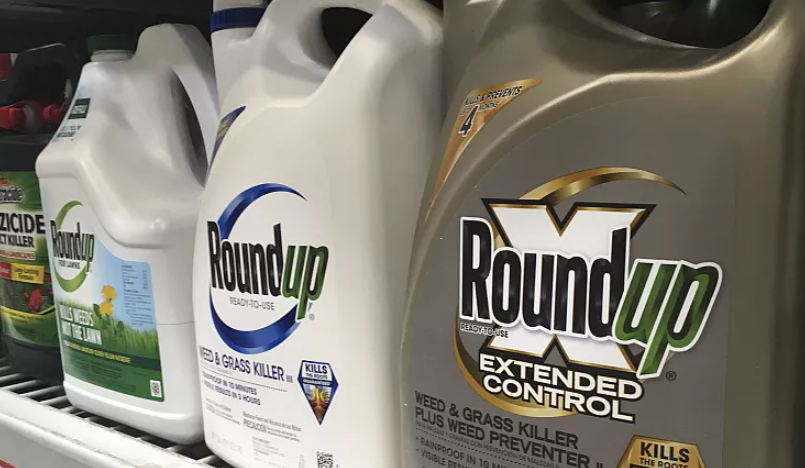December 17, 2025 | 13:46 GMT +7
December 17, 2025 | 13:46 GMT +7
Hotline: 0913.378.918
December 17, 2025 | 13:46 GMT +7
Hotline: 0913.378.918

Germany wants glyphosate to be abandoned in the EU amid warnings of the risk of heterogeneous regulations.
Germany wants glyphosate to be abandoned in the EU amid warnings of the risk of heterogeneous regulations.
The move comes after the European Commission's proposal this week to renew the authorisation of the powerful herbicide for ten years.
“In the context of threats to biodiversity, the German government has called for a European exit from glyphosate and warned against heterogeneous levels of protection in the EU,” the Ministry of Agriculture said.
The outcome came after a meeting between representatives of the 27 member states which examined the Commission’s proposal.
They had acted on a report from a regulator estimating that the level of risk did not justify banning the controversial herbicide.
Member states will have to decide on the future of glyphosate by a majority vote on 13 October.
Germany, though, says the authorisation of glyphosate must come to an end “as long as damage to biodiversity, the basis of sustainable agriculture, cannot be excluded”.
Berlin authorities say the Commission's proposal provides for more precise provisions for a new authorisation - “but these are only partially binding on member states and there would therefore be no harmonised rules”.
The coalition contract signed at the end of 2021 by the Social Democrats (SPD) of Chancellor Olaf Scholz, the Greens, who hold the agriculture portfolio, and the liberals (FDP) already stipulates that glyphosate "will be withdrawn from the market by at the end of 2023" in Germany.
Several elected officials from the Liberal party, though, have spoken out against total abandonment.
The Commission's proposal is based on a scientific assessment by the European Food Safety Authority (EFSA).
Glyphosate, the active substance of Monsanto's well-known product Roundup - bought by the German company Bayer in 2018 - is very widely used around the world.
In 2015, it was classified as a "probable carcinogen" for humans by the International Research Centre on cancer via the World Health Organisation.
(ERN)

(VAN) 2025 AQUASTAT Water Data indicates that pressure on freshwater resources is growing as demand increases in regions of scarcity.

(VAN) Planet-warming pollution rates exploded after the end of World War II. James Watt’s steam engine launched the Industrial Revolution in 1769.

(VAN) The British Department for Environment, Food & Rural Affairs (Defra) has amended and extended a derogation for organic poultry and pigs, which currently allows up to 5% non-organic protein in feed.

(VAN) The Ah Louis Store in San Luis Obispo, California, turns into a winter wonderland every holiday season.

(VAN) Japanese feed millers are increasingly incorporating corn into their rations, in response to sustained high rice prices, according to a recent Grain and Feed Update from the Foreign Agricultural Service (FAS) of USDA.

(VAN) The event calls for urgent action to preserve glaciers, and recognises Mountain Future Award-winning projects in Colombia, Kyrgyzstan and Pakistan that protect mountain ecosystems and build resilience.

(VAN) New evidence shows that the health impacts of the Industrial Revolution varied more widely than previously believed, challenging the longstanding narrative that rural communities remained comparatively untouched.